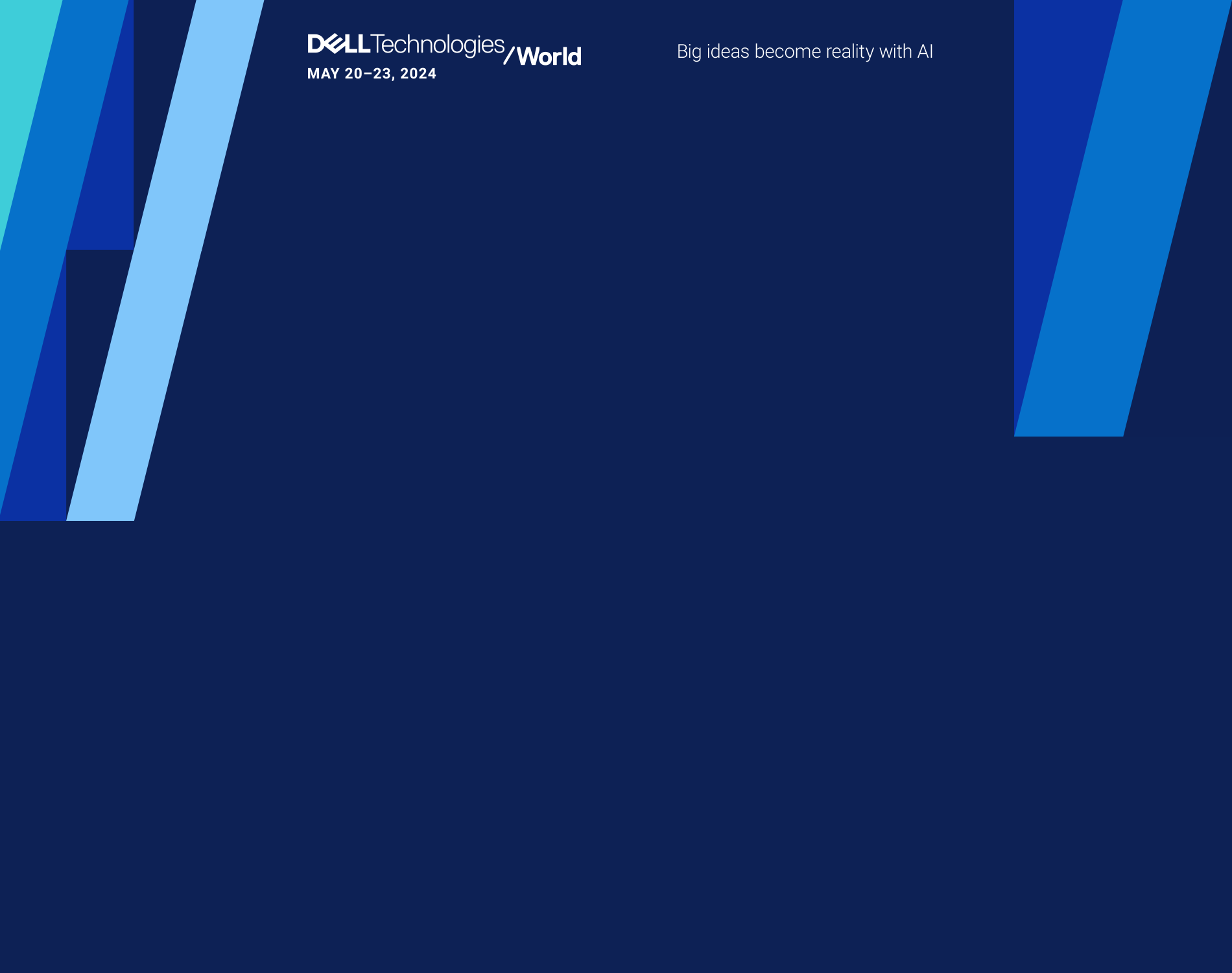Cloud computing has the power to revolutionize business operations by offering a wide range of benefits. It enables organizations to scale their infrastructure effortlessly, providing payment flexibility through as-a-service models, which offer pay-as-you-go services, as opposed to traditional upfront investments.
The cloud enhances accessibility, allowing employees to access data, applications, and collaboration tools from anywhere, fostering remote work capabilities and promoting seamless communication. Additionally, cloud computing offers robust data backup and disaster recovery mechanisms, ensuring business continuity and safeguarding critical information.
More businesses are becoming aware of the benefits that cloud environments offer—from increased agility and scalability to seamless user experiences and simplified management for IT teams. It is, therefore, no surprise that Gartner forecasts the worldwide expenditure on public cloud services will rise to $724.5 billion by 2024.
Synergy Research Group reports that Amazon Web Services (AWS), Microsoft Azure, and Google Cloud comprise 66% of the worldwide cloud infrastructure market. And for good reason. These leading platforms offer a wide range of advanced services and solutions to help businesses scale, innovate, and grow in the ever-evolving technological world.
This article provides a brief exploration of the cloud services landscape and how each company’s cloud offerings can benefit your business, regardless of its size.
Rising Competition in the Cloud Services Market
The exponential growth of cloud adoption has led to a growth in competition between front-runners AWS, Google, and Microsoft. Flaring tensions, constant updates, and the rollout of new features from the three giant corporations have dominated headlines throughout 2023.
Earlier this year, the Federal Trade Commission (FTC) issued a request for information (RFI) on competition in the cloud infrastructure market. Stephanie T. Nguyen, Chief Technology Officer of the FTC, announced that “large parts of the economy now rely on cloud computing services for a range of services.” She cited the “broader competitive dynamics in cloud computing and potential security risks in the use of cloud as reasons for the RFI.”
Following the announcement, Google alleged that Microsoft is conducting unethical and restrictive business practices, submitting an 11-page document that revealed stipulations in Microsoft licensing agreements that seemingly attempt to stop customers from adopting multi-cloud deployments.
In specific, these cloud licensing terms allegedly prohibit or surcharge customers that have purchased products in the Azure software suite from migrating those applications, platforms, or workloads to a Microsoft competitor.
Google has labeled the actions “anticompetitive” in response to an apparent monopolization of the cloud services industry—limiting opportunities for other cloud providers and their potential customers.
Microsoft holds a slight advantage in the marketplace due to the ease of integration with Windows programs, applications, and devices—which are ubiquitous in workplaces worldwide. But its aforementioned dispute with Google is not the first time Microsoft’s business practices have garnered controversy.
UK communications regulator, Ofcom, similarly singled out not only Microsoft but AWS as well, noting concern in regard to potential vendor lock-in from the two tech giants. The March report appears to give impartial, well-balanced insights, saying that AWS offers “less ‘lock-in’ to long contracts than MS”.
Meanwhile, AWS is stepping up its efforts to retain its position as the market leader, with a host of AI and new cybersecurity features taking center stage at the flagship AWS re:Inforce 2023 conference.
How Businesses Can Leverage Each Cloud Provider’s Services
Companies can gain full value from each cloud services provider (CSP) by analyzing their own needs, use cases, and business objectives and investing in the strongest capabilities that AWS, Microsoft, and Google offer respectively.
It’s important to note that, if one cloud vendor doesn’t provide all the capabilities you’re looking for, hybrid or multi-cloud environments are the natural alternative. Such environments leverage a combination of on-premises systems, public, and private clouds to add to or augment their existing IT infrastructure.
So what are the specific strengths of each of the leading CSPs?
AWS: Infrastructure
AWS offers an extensive range of services, covering computing, storage, databases, networking, analytics, AI, machine learning, and the Internet of Things (IoT). It provides a one-stop solution for businesses looking to build and deploy applications in the cloud.
Key advantages of AWS solutions include elasticity and scalability, empowering organizations to adjust resources based on fluctuating workloads automatically. Services like Amazon RDS Read Replicas ensure that applications efficiently handle varying demands.
Moreover, AWS’s maturity instills confidence in customers, as the platform’s reliability and high availability have been proven in hosting large-scale applications.
AWS’s commitment to software production is evident in its expansive suite of developer tools and services, including AWS CloudFormation, AWS Lambda, and AWS SDKs, which simplify application creation and deployment.
Microsoft Azure: Software Solutions
Azure provides robust security features, including built-in threat intelligence and advanced identity and access management tools. It also complies with a wide range of industry standards and regulations, making it suitable for highly regulated industries.
With services like Azure Stack, companies achieve consistent deployment and management, empowering them to balance workload needs effectively. The broad array of services provided by Azure, spanning virtual machines, databases, analytics, and more, ensures comprehensive coverage for diverse enterprise requirements.
Additionally, Azure’s global presence, with data centers distributed across the world, offers businesses the ability to optimize performance and reduce latency by deploying applications closer to their target audience.
Google Cloud: Big Data Analytics Capabilities
Google Cloud provides robust data storage and analytics platforms, including BigQuery and Cloud Spanner. These services enable businesses to derive valuable insights from their data and make informed decisions.
Google Cloud offers scalable infrastructure, allowing businesses to quickly scale resources up or down based on demand. It follows a pay-as-you-go model, making it cost-effective for organizations of all sizes.
The platform’s strong emphasis on open-source technologies is another noteworthy strength. Managed services for popular projects like Kubernetes and TensorFlow mean that Google Cloud supports businesses in leveraging their existing investments and fostering innovation within a vibrant open-source ecosystem.
In addition, adopting a hybrid or multi-cloud approach allows businesses to leverage the unique strengths of each cloud provider and achieve high availability, scalability, and cost optimization. Organizations can tailor their cloud strategy to meet specific needs, ensuring long-term success in the dynamic cloud computing landscape.
Conclusion
Each provider brings its own set of strengths to the table, catering to the diverse needs of businesses. AWS continues to dominate with its comprehensive portfolio, battle-tested infrastructure, and developer-friendly tools.
Google Cloud stands out with its scalability, intelligent data analytics capabilities, and commitment to open-source technologies. Microsoft Azure leverages its seamless integration with the Microsoft ecosystem and robust hybrid capabilities.
As the cloud services market continues to evolve, businesses should carefully consider factors such as integration capabilities, vendor lock-in risks, and the latest innovations when selecting a cloud service provider. This will enable them to make informed decisions that align with their requirements, promoting flexibility, security, and long-term success in the dynamic cloud computing landscape.


























